
Mikhail Ivanovich Glinka (1804 - 1857)
Glinka is commonly regarded as the founder of Russian nationalism in music. His influence on Balakirev, self-appointed leader of the later group of five nationalist composers, was considerable. As a child he had some lessons from the Irish pianist John Field, but his association with music remained purely amateur until visits to Italy and in 1833 to Berlin allowed concentrated study and subsequently a greater degree of assurance in his composition, which won serious attention both at home and abroad. His Russian operas offered a synthesis of Western operatic form with Russian melody, while his orchestral music, with skillful instrumentation, offered a combination of the traditional and the exotic. Glinka died in Berlin in 1857.
Operas
Glinka’s first Russian opera, A Life for the Tsar, was well received at its first staging in 1836. His second full opera, Ruslan and Lyudmila, with a libretto by Pushkin, proved less acceptable at its first staging in St Petersburg in 1842. The overtures to these operas make effective curtain-raisers.
Orchestral Music
Travel abroad inspired the Spanish mood of Capriccio brillante on the Jota aragonesa, also known as the ‘First Spanish Overture’. The second overture of the series was expanded from Recuerdos de Castilla (‘Souvenirs of Castile’) into Souvenir d’une nuit d’été à Madrid (‘Memory of a Summer Night in Madrid’). Kamarinskaya, written in Warsaw, uses Slavic thematic material.
Listen to FROM RUSSIA WITH LOVE: RUSSIAN PIANO MUSIC on Spotify

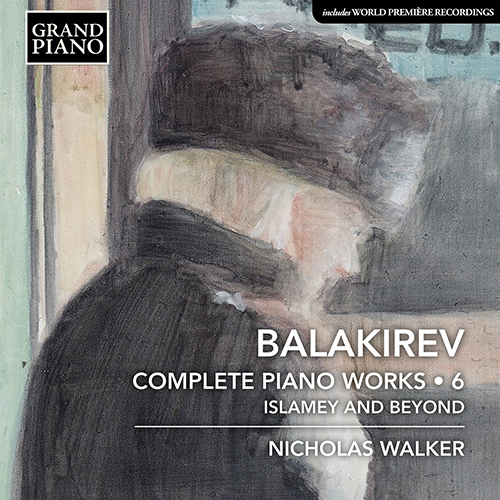
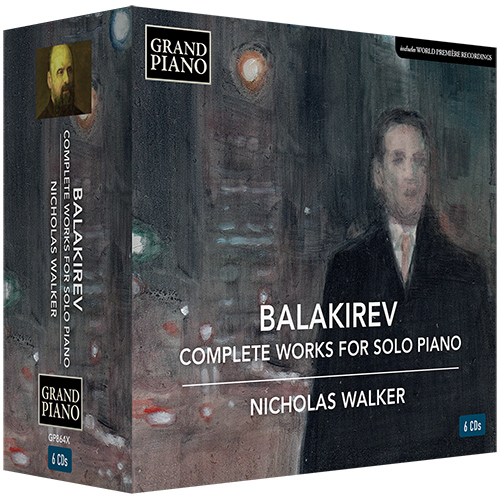
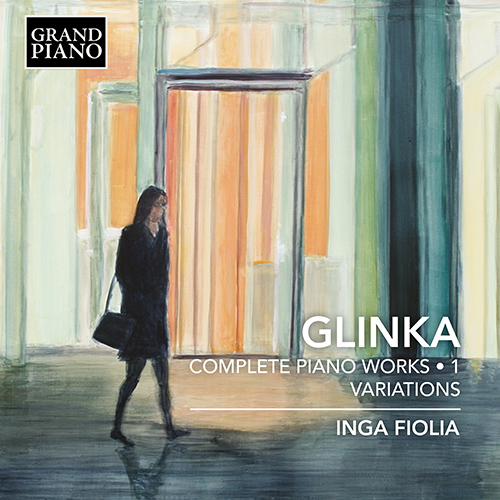
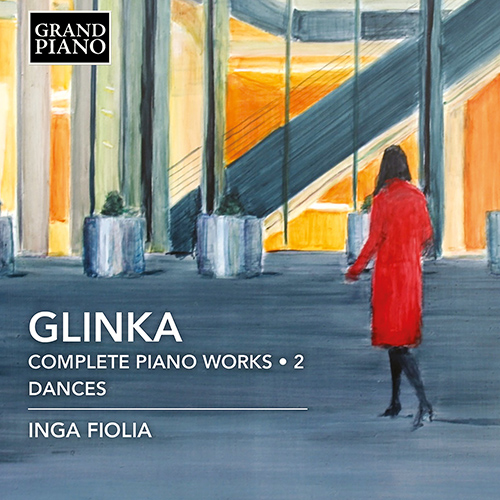
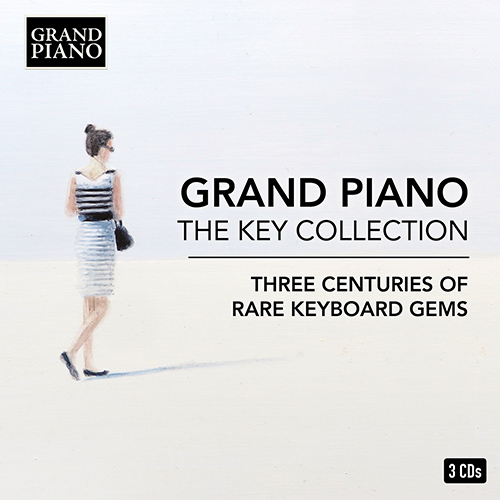
 Grand Piano has gained a reputation for producing high quality recordings of rare keyboard gems. Dedicated to the exploration of undiscovered piano repertoire, the label specialises in complete cycles of piano works by many lesser-known composers, whose output might otherwise have remained unknown and unrecorded.
Grand Piano has gained a reputation for producing high quality recordings of rare keyboard gems. Dedicated to the exploration of undiscovered piano repertoire, the label specialises in complete cycles of piano works by many lesser-known composers, whose output might otherwise have remained unknown and unrecorded.






